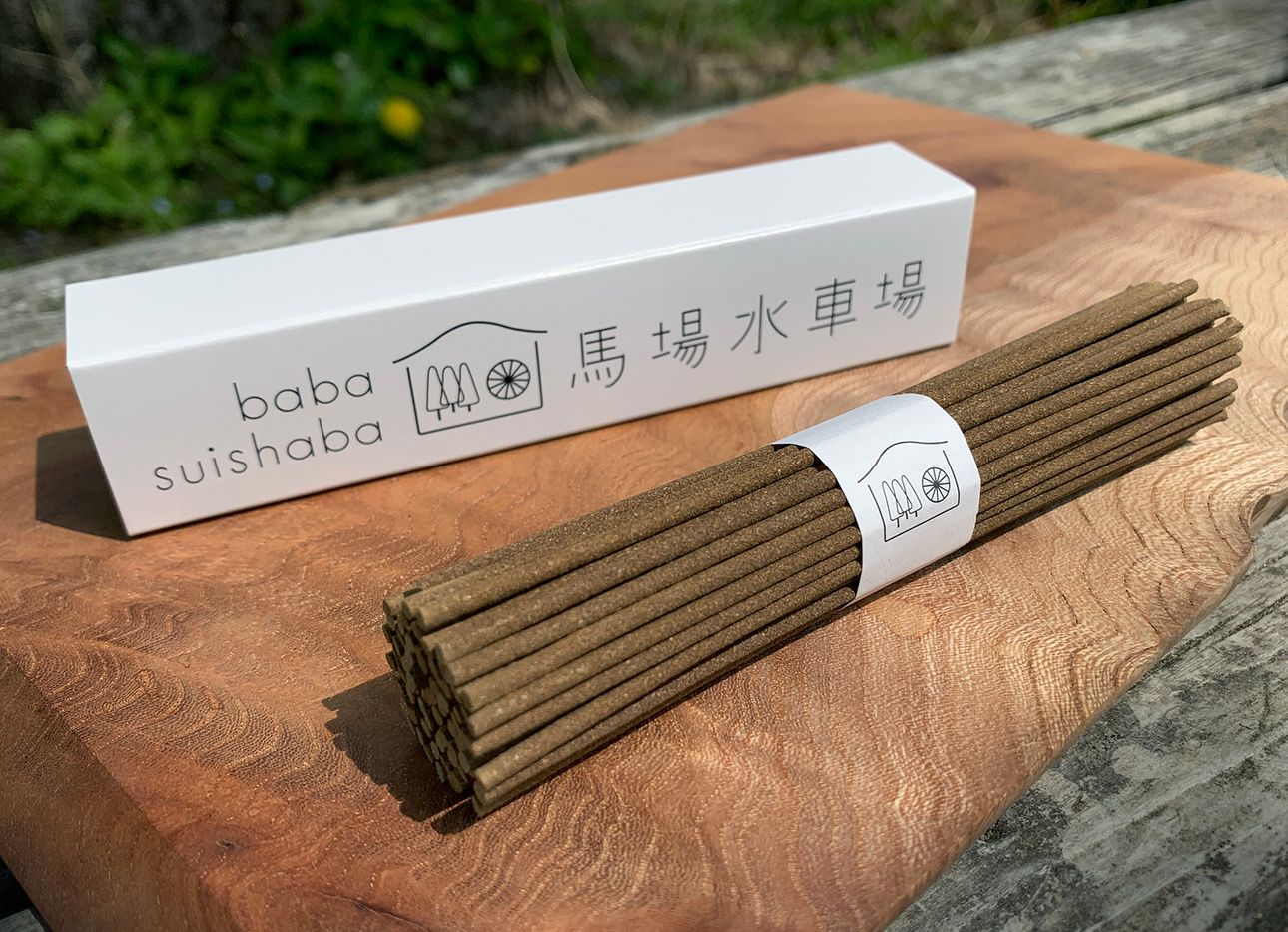
A Storied Japanese Watermill Produces the Primary Ingredient in This All-Natural Incense
In the early 20th century, locals from Yame, a small city in Fukuoka Prefecture on Japan’s southern island of Kyushu, dug a canal and built a watermill that served traditional businesses such as paper-making and rice-milling. At its peak, the region boasted 40 watermills that manufactured cedar-leaf powder, a central ingredient of incense—until electric-powered factories began replacing them in the 1970s to meet the needs of mass production. Baba Watermill is the only mill still producing the raw material. It’s owned by 73-year-old Takeshi Baba, who inherited the business from his father and feels a profound responsibility to continue the century-old practice. As artificial fragrances, colors, and chemicals came onto the market, Takeshi grew increasingly frustrated that the fruits of his labor kept ending up in a garish rainbow of inferior commercial incense. So in 2000, he started making his own.
These days, Takeshi and his wife, Chieko, trek into the surrounding forest in the early mornings to gather cedar branches while the leaves are still fresh and green. They use the branches to make a fire to dry the leaves, and shovel them under 15 pestles powered by the water wheel, which pound the leaves to the consistency of powdered sugar. The material is then mixed with Takeshi’s finely honed recipe of water, leaves, and sap from the local tabunoki tree, which act as a natural binder. After kneading the resulting dough, they feed it into a pressing machine and cut it into skinny, five-inch-long sticks that dry for three days in a temperature- and humidity-controlled room.
The final product is placed in pared-down packaging, a crowd-sourced effort by the Yame community to promote the area’s handmade, cedar-scented heritage. Meanwhile, Baba Watermill has become something of a cultural attraction for young people looking to reconnect with nature and history. For those who can’t immediately decamp to Takeshi’s base, his long-lasting incense offers a serene, distinctly satisfying olfactory escape.